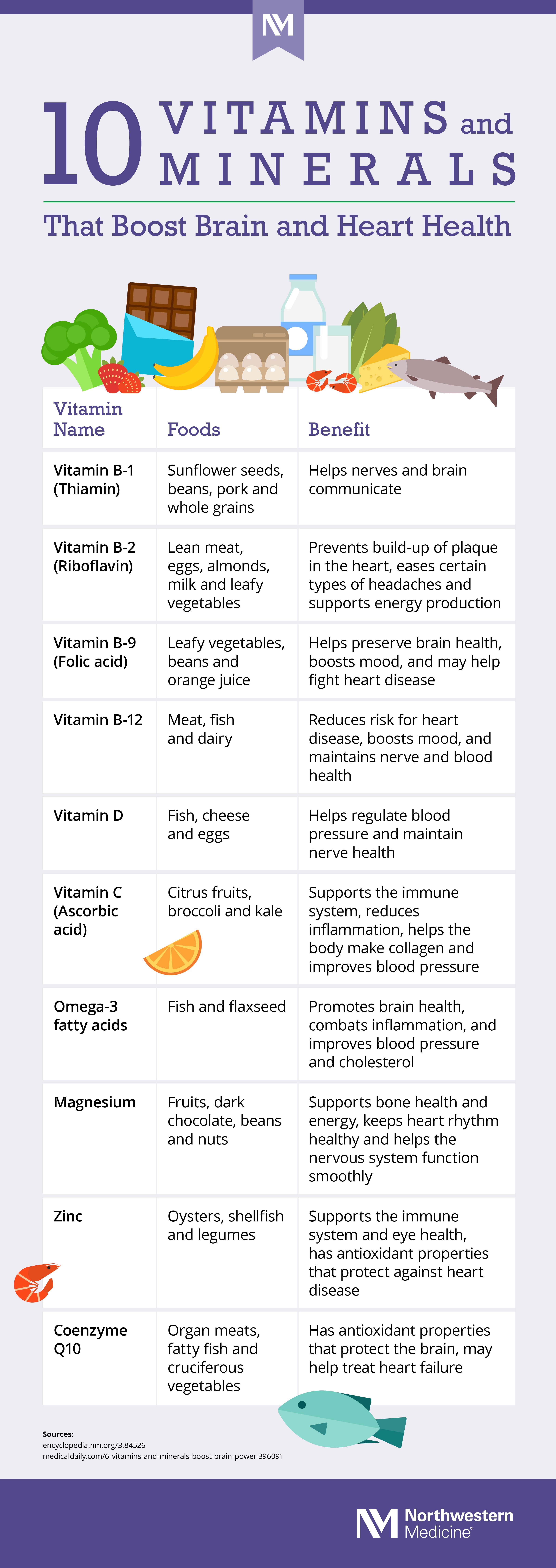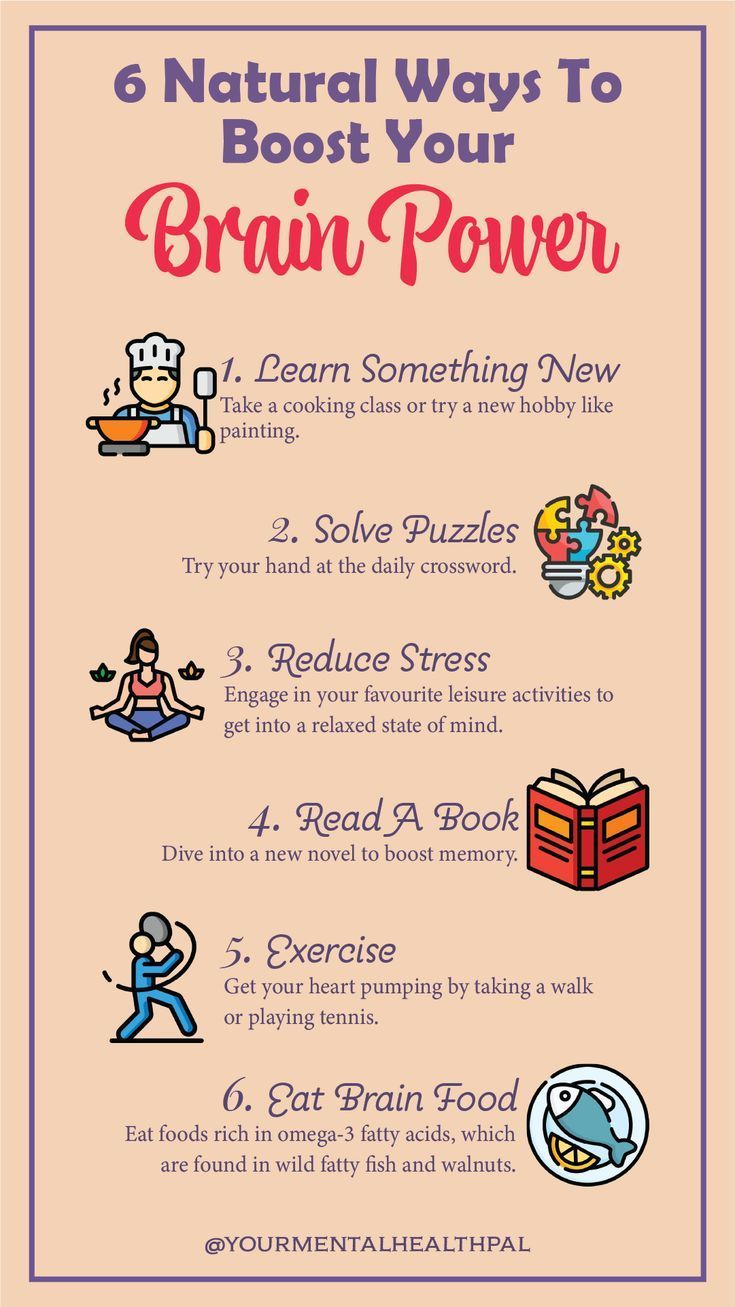Key Takeaways
- Consuming foods rich in antioxidants, healthy fats, and essential nutrients like omega-3 fatty acids can significantly enhance memory.
- Regular aerobic exercise increases the size of the hippocampus, the brain area involved in memory.
- Meditation and mindfulness practices are proven to improve short-term memory and reduce stress.
- Adequate sleep is crucial for memory retention, with 7-9 hours recommended for optimal brain function.
- Engaging in social activities and challenging your brain with puzzles and new skills can boost cognitive function.
Fast Track to Improving Memory Naturally
Memory is a fascinating aspect of our cognitive abilities. We all want to remember more and forget less. While it might seem like a superpower, improving memory is something we can all work on with natural techniques. This isn’t about memorizing a phone book overnight, but rather enhancing our brain’s ability to retain and recall information over time.
Quick Wins for Better Recall
Let’s start with some quick wins you can implement today. First, hydration is essential. Our brains are mostly water, and even mild dehydration can impair cognitive function. So, keep a water bottle handy and sip throughout the day.
Next, consider your diet. Foods like blueberries, fatty fish, and walnuts are known as “brain foods” for a reason. They provide essential nutrients that support brain health. Lastly, a short walk or any form of aerobic exercise can boost blood flow to the brain, enhancing memory and concentration.
Why Natural Methods Matter
Why should we focus on natural methods? The answer lies in sustainability and overall well-being. Natural techniques are not only effective but also improve your overall health. Unlike quick fixes or supplements, they come with a host of other benefits, such as improved mood, better sleep, and increased energy levels.
Moreover, these methods are often accessible and affordable. You don’t need fancy equipment or expensive programs to get started. With consistency and dedication, you can see significant improvements in your memory and cognitive abilities.
Fuel Your Brain with the Right Nutrition
Nutrition plays a pivotal role in brain health. Think of your brain as a high-performance car. You wouldn’t fill it with low-quality fuel and expect it to run smoothly, right? The same goes for your brain. Feeding it the right nutrients can significantly impact your memory and overall cognitive function.
Start with antioxidants. These powerful substances combat oxidative stress, which can damage brain cells. Foods like berries, dark chocolate, and leafy greens are rich in antioxidants and should be a staple in your diet.
Healthy fats, particularly omega-3 fatty acids, are another crucial component. Found in fatty fish, flaxseeds, and walnuts, omega-3s support brain cell structure and function. They are essential for learning and memory.
- Berries: Rich in antioxidants, they help protect the brain from oxidative stress.
- Fatty Fish: Packed with omega-3 fatty acids, essential for brain health.
- Leafy Greens: Contain vitamins and minerals that support cognitive function.
- Nuts and Seeds: Provide healthy fats and vitamin E, which can help slow cognitive decline.
Foods to Improve Memory
Incorporating specific foods into your diet can work wonders for your memory. Blueberries, for example, are known for their memory-boosting properties. They contain flavonoids, which are believed to strengthen connections in the brain.
Another powerhouse is broccoli. Rich in antioxidants and vitamin K, broccoli helps protect the brain from damage and supports cognitive health. Additionally, pumpkin seeds are a great source of magnesium, iron, zinc, and copper, all of which are vital for brain function.
Importance of Hydration
Hydration is often overlooked, but it’s crucial for maintaining cognitive performance. Our brains are about 75% water, and dehydration can lead to reduced attention span, memory problems, and fatigue. Therefore, make it a habit to drink water regularly throughout the day.
If you find plain water boring, try adding a slice of lemon or cucumber for a refreshing twist. Herbal teas and water-rich foods like cucumbers and watermelons can also help you stay hydrated.
Impact of Sugar Reduction
High sugar intake can lead to various health issues, including impaired memory. Reducing sugar consumption can help improve brain function and protect against cognitive decline. Instead of sugary snacks, opt for fruits, nuts, or yogurt as healthier alternatives.
Remember, it’s not just about cutting out sugar entirely, but being mindful of your intake and choosing whole, natural foods whenever possible.

“10 Vitamins and Minerals That Boost …” from www.nm.org and used with no modifications.
Maintain Mental Fitness with Exercise
Physical exercise isn’t just for your body; it’s a workout for your brain too. Regular physical activity increases blood flow to the brain, which can enhance memory and cognitive function.
Studies have shown that exercise can increase the size of the hippocampus, the part of the brain responsible for memory and learning. So, let’s lace up those sneakers and get moving!
“A 2011 study by the University of British Columbia found that regular aerobic exercise appears to boost the size of the hippocampus, the brain area involved in verbal memory and learning.”
Besides that, exercise releases endorphins, which help reduce stress and improve mood. This creates a positive cycle, where you feel more motivated to engage in activities that further boost your memory.
Aerobic Exercises for Brain Health
Aerobic exercises, also known as cardio, are excellent for brain health. They include activities like walking, running, cycling, and swimming. Aim for at least 150 minutes of moderate aerobic activity each week, as recommended by health experts.
Consistency is key. Even short bursts of activity, like a brisk walk during your lunch break, can make a difference. The goal is to get your heart rate up and blood flowing to your brain.
In the next part, we will explore strength training, mindfulness practices, and the role of sleep in enhancing memory naturally. Stay tuned!
Meditation Techniques
Meditation is a powerful tool for enhancing memory and reducing stress. It involves focusing your mind on a particular object, thought, or activity to train attention and awareness. Regular practice can lead to improved memory, better concentration, and a calmer mind.
Start with just a few minutes each day. Find a quiet space, sit comfortably, and close your eyes. Focus on your breath, noticing each inhale and exhale. When your mind wanders, gently bring your focus back to your breath. Over time, you can increase the duration of your sessions.
Deep Breathing Exercises
Deep breathing exercises are another simple yet effective way to enhance memory. They increase oxygen flow to the brain, which can improve cognitive function and reduce stress. Try the following exercise:
Sit or lie down in a comfortable position. Inhale deeply through your nose, allowing your chest and abdomen to expand. Hold your breath for a few seconds, then exhale slowly through your mouth. Repeat this process several times, focusing on the rhythm of your breath.
Incorporating deep breathing exercises into your daily routine can help you stay calm and focused, improving your ability to remember information.
- Practice deep breathing for 5-10 minutes each day.
- Use deep breathing techniques before a big test or presentation to calm your nerves.
- Combine deep breathing with meditation for a powerful memory-boosting session.
Stress Reduction and Its Influence
Stress is a major enemy of memory. When we’re stressed, our bodies release cortisol, a hormone that can impair cognitive function. Therefore, managing stress is crucial for maintaining a sharp memory.
Besides meditation and deep breathing, other stress-reduction techniques include yoga, tai chi, and spending time in nature. These activities help lower cortisol levels and promote relaxation, creating a more conducive environment for memory retention.
Good Sleep: The Unsung Hero of Memory
Sleep is essential for memory consolidation, the process by which short-term memories are transformed into long-term ones. Without adequate sleep, our brains struggle to process and store information effectively.
Sleep Cycles and Memory Retention
Our sleep cycles consist of various stages, each playing a role in memory consolidation. Deep sleep, or slow-wave sleep, is particularly important for storing declarative memories, such as facts and knowledge. REM sleep, on the other hand, is crucial for procedural memory, which involves skills and tasks.
To optimize memory retention, aim for 7-9 hours of sleep per night. This allows your brain to go through multiple sleep cycles, enhancing your ability to remember and recall information.
Creating a Restful Environment
A restful sleep environment can significantly impact the quality of your sleep. Start by ensuring your bedroom is dark, cool, and quiet. Consider using blackout curtains, a white noise machine, or earplugs if necessary.
Establish a calming bedtime routine, such as reading a book or taking a warm bath, to signal to your body that it’s time to wind down. Avoid screens and bright lights at least an hour before bed, as they can interfere with your natural sleep-wake cycle.
Impact of Sleep Deprivation
Sleep deprivation can have a profound effect on memory and cognitive function. It impairs attention, alertness, and problem-solving abilities, making it difficult to absorb and retain new information.
Chronic sleep deprivation can also lead to more serious issues, such as memory loss and an increased risk of neurodegenerative diseases. Therefore, prioritizing sleep is crucial for maintaining a healthy brain and sharp memory.
“6 Natural Ways to boost your brain power” from www.pinterest.com and used with no modifications.

Social Interactions and Brain Health
Social interactions play a vital role in maintaining cognitive health. Engaging with others stimulates our brains, improves mood, and can even enhance memory. So, don’t underestimate the power of a good conversation!
Importance of Regular Interaction
Regular social interaction keeps our brains active and engaged. Whether it’s chatting with a friend, attending a community event, or joining a club, these activities help maintain cognitive function and prevent memory decline.
Engaging in Meaningful Conversations
Meaningful conversations require us to listen, process information, and respond thoughtfully, all of which stimulate our brains. Make an effort to engage in deeper conversations with family and friends, discussing topics that interest you or challenge your thinking.
Volunteering and Community Engagement
“Volunteering not only benefits the community but also provides cognitive and social benefits to the volunteer. Engaging in meaningful activities can enhance memory and overall brain health.”
Getting involved in community activities or volunteering can provide a sense of purpose and keep your brain active. It offers opportunities to learn new skills, meet new people, and engage in stimulating conversations.
Consider volunteering at a local organization, joining a community group, or participating in events that interest you. These activities can help you stay mentally sharp and socially connected.
Challenge Your Mind with Activities
Challenging your mind with various activities is an excellent way to boost memory and cognitive function. The brain, like a muscle, needs regular exercise to stay strong and healthy.
Engage in activities that challenge your thinking and problem-solving skills. This could be anything from puzzles and brain games to learning a new language or musical instrument. The key is to keep your brain active and engaged.
By incorporating these natural memory improvement techniques into your daily routine, you can enhance your cognitive abilities and enjoy a sharper, more focused mind.

“Memory Loss And Dementia Brain Disease …” from www.istockphoto.com and used with no modifications.
Puzzles and Brain Games
Puzzles and brain games are not just entertaining; they’re a workout for your mind. Engaging in activities like crosswords, Sudoku, and memory games can improve cognitive functions such as problem-solving, attention to detail, and memory retention.
These games challenge your brain to think critically and quickly, forming new neural connections that enhance cognitive flexibility. Regularly playing brain games can help keep your mind sharp and improve your ability to recall information.
Learning New Skills
Learning new skills is another fantastic way to boost memory. When you learn something new, your brain creates and strengthens connections between neurons. This process, known as neuroplasticity, is crucial for memory and cognitive health.
Consider taking up a new hobby, such as playing a musical instrument, painting, or cooking a new cuisine. Not only will you have fun and gain a new skill, but you’ll also be giving your brain a much-needed workout.
Cognitive Benefits of Hobbies
Hobbies aren’t just a way to pass the time; they offer significant cognitive benefits. Whether it’s gardening, knitting, or photography, hobbies require concentration, creativity, and problem-solving skills, all of which boost memory.
- Gardening: Encourages planning and attention to detail.
- Knitting: Enhances fine motor skills and pattern recognition.
- Photography: Involves creativity and technical knowledge.
Engaging in hobbies you love can reduce stress, improve mood, and keep your brain active and healthy. So, find a hobby that interests you and make time for it regularly.
Closing Thoughts on Natural Memory Improvement
Improving your memory naturally is a journey that involves making small, consistent changes to your lifestyle. By incorporating these techniques into your daily routine, you can enhance your cognitive abilities and enjoy a sharper, more focused mind.
Remember, it’s not about making drastic changes overnight. Instead, focus on making gradual improvements that fit into your lifestyle. Over time, you’ll notice a significant boost in your memory and overall brain health.
Summary of Key Techniques
To improve memory naturally, prioritize a balanced diet rich in brain-boosting foods, stay hydrated, and reduce sugar intake. Engage in regular physical activity, practice mindfulness and meditation, and ensure you get enough sleep. Additionally, maintain social interactions and challenge your mind with new activities and hobbies.
Long-term Benefits of Natural Methods
The long-term benefits of natural memory improvement techniques extend beyond just better recall. These methods contribute to overall well-being, reducing the risk of cognitive decline and improving mood and energy levels.
By adopting these habits, you can support a healthy brain and enjoy a fulfilling, vibrant life. Remember, consistency is key. The more you practice these techniques, the more benefits you’ll experience.
- Improved cognitive function and memory retention.
- Reduced risk of neurodegenerative diseases.
- Enhanced mood and reduced stress levels.
- Increased energy and overall well-being.
Frequently Asked Questions
As you embark on your journey to improve memory naturally, you may have some questions. Here are answers to some common queries:
What are the best foods to improve memory?
Foods rich in antioxidants, healthy fats, and essential nutrients are best for memory. Blueberries, fatty fish, walnuts, and leafy greens are excellent choices. They provide nutrients that support brain health and improve cognitive function.
How does exercise impact memory?
Exercise increases blood flow to the brain, enhancing memory and cognitive function. It also promotes the growth of new neurons and strengthens connections between them. Regular physical activity is crucial for maintaining a healthy brain.
Can meditation really enhance memory?
Yes, meditation can enhance memory by improving focus, attention, and stress management. It helps create a calm mind, which is essential for effective memory retention and recall.
Regular meditation practice can lead to improved cognitive function and a sharper memory.

“Sleep Boost Your Memory …” from www.verywellmind.com and used with no modifications.
Why is sleep important for memory retention?
Sleep is essential for memory consolidation, the process of transforming short-term memories into long-term ones. Adequate sleep allows your brain to process and store information effectively, improving memory retention and recall.
What activities can challenge and improve memory?
Activities that challenge your brain include puzzles, brain games, learning new skills, and engaging in hobbies. These activities stimulate your mind, enhance cognitive flexibility, and improve memory.
Regularly engaging in these activities can help keep your mind sharp and boost your memory.
By incorporating these natural memory improvement techniques into your daily routine, you can enhance your cognitive abilities and enjoy a sharper, more focused mind.
Frank Shallenberger M.D. Recommends Advanced Memory Formula
www.mayoclinic.org
Memory loss: 7 tips to improve your memory
www.health.harvard.edu
7 Ways to Keep Your Memory Sharp at Any Age
Mar 30, 2020 — These tips will help you keep your memory sharp at any age. Try t…
www.nia.nih.gov
Memory Problems, Forgetfulness, and Aging | National Institute on Aging
Nov 22, 2023 — Tips for dealing with forgetfulness · Learn a new skill. · Follow…

